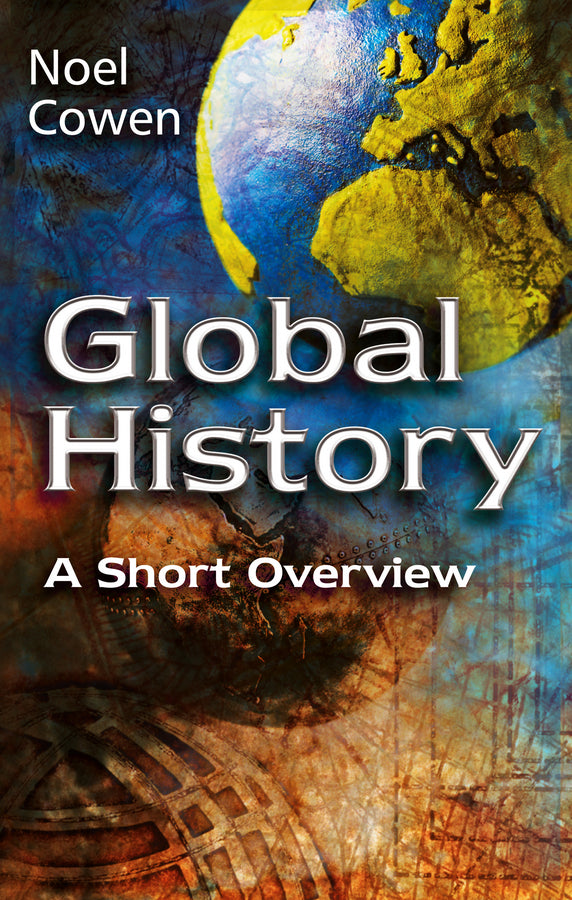Description
Condition: BRAND NEW
ISBN: 9780745628059
Year: 2001
Publisher: John Wiley & Sons (UK)
Pages: 224
Description:
This short book offers a clear and engaging introduction to the
history of humankind, from the earliest movements of people to the
contemporary epoch of globalization. Cowen traces this complex
history in a manner which offers both a compelling narrative and an
analytical and comparative treatment. Drawing on a new perspective
on global history, he traces the intersection of change in
economics, politics and human beliefs, examining the formation,
enlargement and limits of human societies. Global History
shows how much of human history encompasses three intersecting
forces - trading networks, expanding political empires and
crusading creeds.
Abandoning the limits of a Eurocentric view of the world, the
book offers a number of fresh insights. Its periodization embraces
movement across continents and across the millennia. The indigenous
American civilizations are included, for instance. The book also
ranges over the early civilizations of China and Europe as well as
the Russian and Islamic worlds. Modern American and Japanese
civilizations are, in addition, a focus for attention. The author
examines national and regional histories in relation to wider
themes, sequences and global tendencies. In conclusion, he seeks to
address the question of the extent to which a global society is
beginning to crystallize.
ISBN: 9780745628059
Year: 2001
Publisher: John Wiley & Sons (UK)
Pages: 224
Description:
This short book offers a clear and engaging introduction to the
history of humankind, from the earliest movements of people to the
contemporary epoch of globalization. Cowen traces this complex
history in a manner which offers both a compelling narrative and an
analytical and comparative treatment. Drawing on a new perspective
on global history, he traces the intersection of change in
economics, politics and human beliefs, examining the formation,
enlargement and limits of human societies. Global History
shows how much of human history encompasses three intersecting
forces - trading networks, expanding political empires and
crusading creeds.
Abandoning the limits of a Eurocentric view of the world, the
book offers a number of fresh insights. Its periodization embraces
movement across continents and across the millennia. The indigenous
American civilizations are included, for instance. The book also
ranges over the early civilizations of China and Europe as well as
the Russian and Islamic worlds. Modern American and Japanese
civilizations are, in addition, a focus for attention. The author
examines national and regional histories in relation to wider
themes, sequences and global tendencies. In conclusion, he seeks to
address the question of the extent to which a global society is
beginning to crystallize.

